Navigating Spinal Health Together with Your Trusted Spine Surgeon
in Bangalore.
Thoracolumbar
Spine Surgery
Thoracolumbar spine surgery is a broad term encompassing various procedures performed on the spine in the middle and upper back region.
These surgeries address various conditions affecting the vertebrae, discs, nerves, and supporting structures.

Reasons for Surgery
Trauma:
Fractures, dislocations, and other injuries can cause instability and pain. Surgery can help stabilise the spine and relieve pressure on nerves.
Degenerative conditions:
Spinal stenosis, disc herniation, and spondylosis can compress spinal nerves, leading to pain and weakness. Surgery can remove the source of compression and improve nerve function.
Deformities:
Correct deformities like Kyphosis (excessive rounding of the upper back) and scoliosis (lateral curvature of the spine) can cause pain, breathing problems, and other complications.
Tumors:
Tumors in the spine can cause pain, nerve damage, and instability. Surgery can help remove the tumour or relieve the pressure it causes.
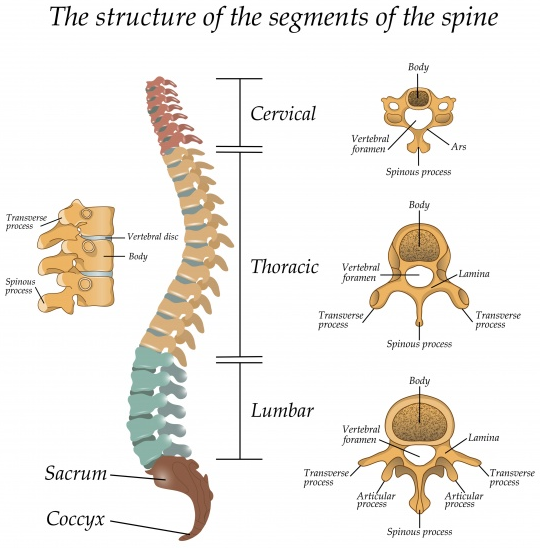
Conditions Treated
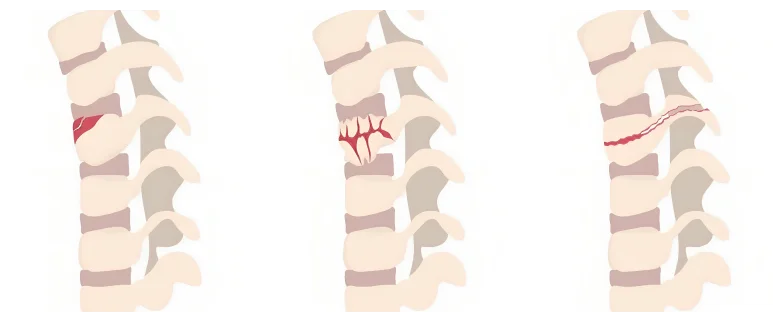
Spinal fractures
Fractures, dislocations, and other injuries can cause instability and pain. Surgery can help stabilise the spine and relieve pressure on nerves.
Spinal stenosis
Spinal stenosis, disc herniation, and spondylosis can compress spinal nerves, leading to pain and weakness. Surgery can remove the source of compression and improve nerve function
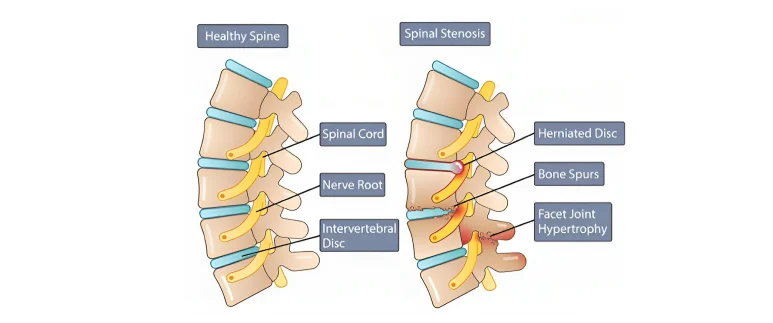
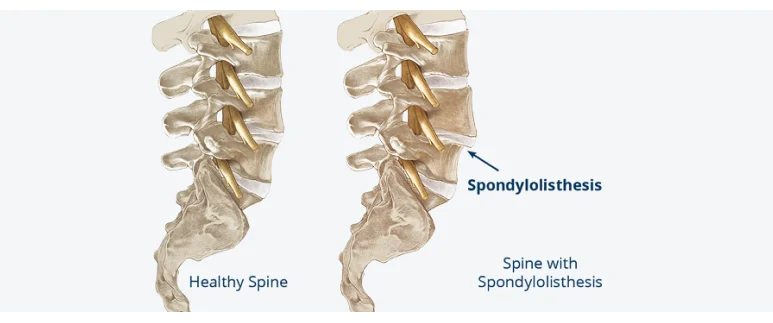
Spondylolisthesis
Correct deformities like Kyphosis (excessive rounding of the upper back) and scoliosis (lateral curvature of the spine) can cause pain, breathing problems, and other complications.
Scoliosis
Tumors in the spine can cause pain, nerve damage, and instability. Surgery can help remove the tumour or relieve the pressure it causes.
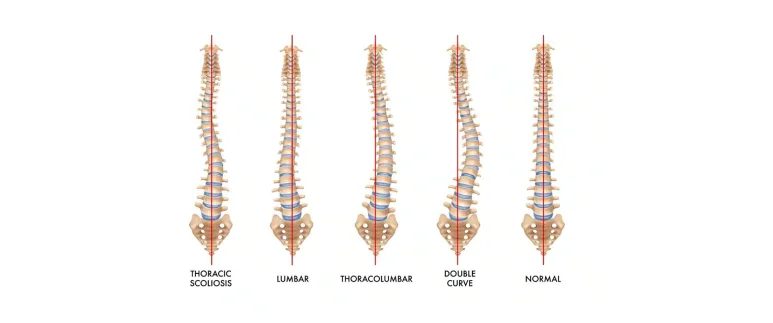
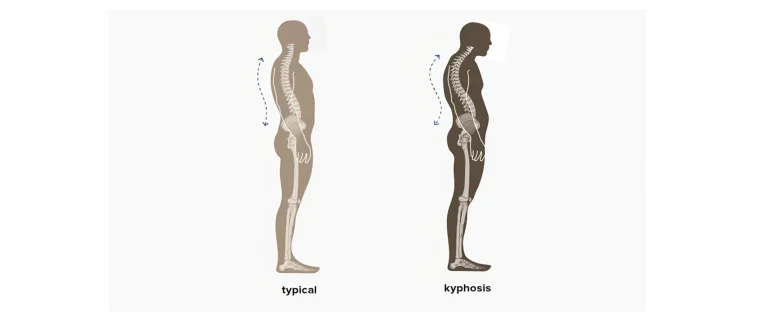
Kyphosis
Excessive curvature of the spine in the upper back, which can lead to pain, posture problems, and difficulty breathing.
Degenerative disc disease
This condition occurs as the discs between the vertebrae wear down, causing pain, stiffness, and instability.
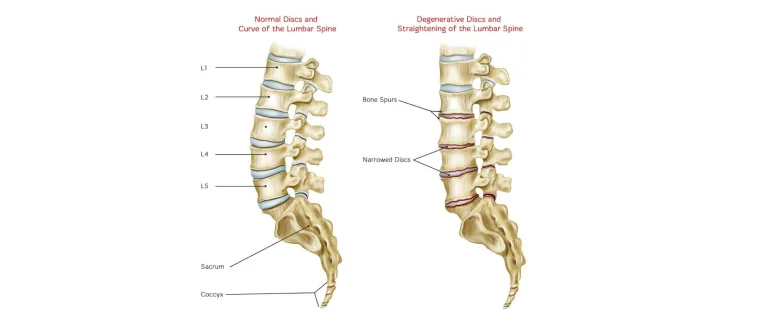
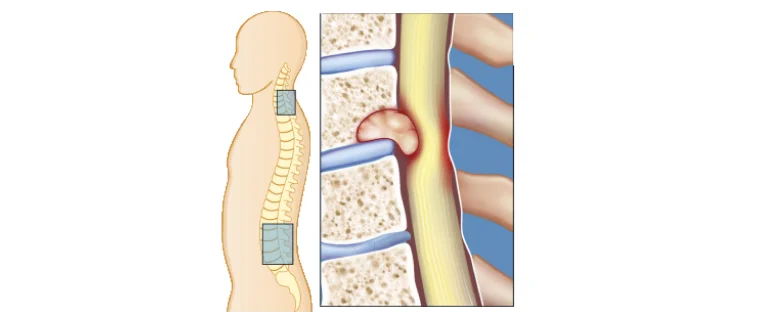
Spinal tumours
These can be cancerous or noncancerous and can cause pain, neurological deficits, and other complications.
Types of Thoracolumbar Spine Surgery
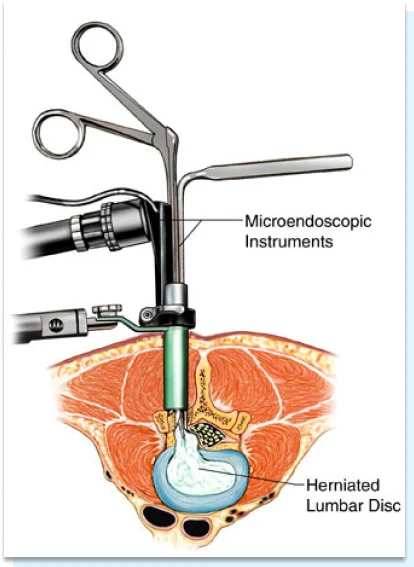
Minimally invasive surgery (MIS)
Fractures, dislocations, and other injuries can cause instability and pain. Surgery can help stabilise the spine and relieve pressure on nerves.
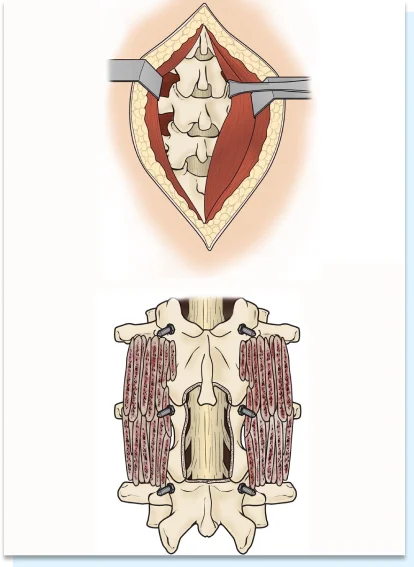
Open surgery
Excessive curvature of the spine in the upper back, which can lead to pain, posture problems, and difficulty breathing.
The Surgery Process
Recovery
The recovery process after thoracolumbar spine surgery can vary depending on the extent of surgery and your overall health. Generally, you can expect to spend several days in the hospital following surgery.
During this time, you will receive pain medication, physical therapy, and other supportive care.
After discharge, you must continue physical therapy exercises at home to regain strength, flexibility, and range of motion. The full recovery process can take a few months.

